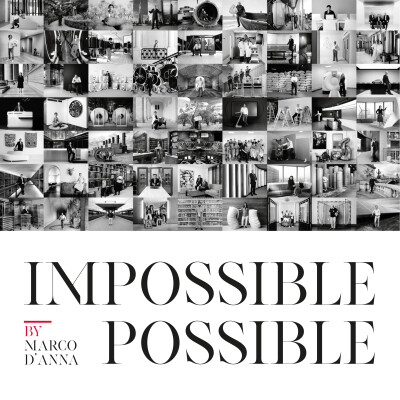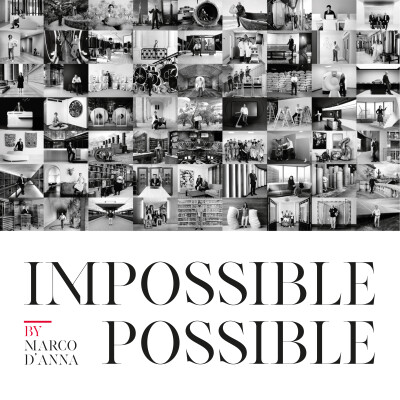Muriel Morot-MonomyI am what you would call Basque-Bearnaise. I grew up in the Pyrénées-Atlantiques, which are located between the Basque Country and Béarn, and I used to visit my grandparents on both sides. A super happy childhood between the countryside, the ocean... the southwest! It's like a little elastic throughout my adult life, where I lived elsewhere, in Paris, in Bristol, in Toulouse; and this kind of elastic brought me back here, where I have been living for good for four years now. For years, I told myself that my drama was not having a passion. A real something that I’d be passionate about and that I’d know I want to do. I was desperate for not having that obvious thing. I believe a lot in intergenerational connections. And since I started this project with wool, things have aligned and made sense. The genesis of the wool project dates to the summer of 2019. In fact, it was a meeting with a shepherd, simply. We were on vacation at the family home in Béarn. There was an event, Open Huts, where you can meet shepherds who go up to the summer pastures, so they spend about three months a year at the top of the mountain. You talk to them and discover how they live. The shepherd started talking about wool, saying: 'we must shear our sheep once a year. We don't know what to do with the wool.' He explained that it was left on his hands, and that it used to be better valued years ago. The day went on, I got into the car and said to my husband, 'did you hear what he said about the wool?' And he answered: 'yes, it's really something crazy.' And I started to dig into the subject. I realized that wool was an industry at the crossroads of many issues that spoke to me intimately. Whether it is about deindustrialization, or the fact that the textile industry in France has completely collapsed, or the situation of farmers who are at the end of the food chain. We are talking about people who work extremely hard and who arrive at the cooperative and are imposed the price at which they will sell their milk. They have no room for negotiation. So many things spoke to me. The environmental aspect, of course, with these mountains of polyester in our lives, in our clothes, everywhere, all the time. And so, I started to take an interest in the subject. The shepherd sheared six weeks later, so I bought him six hundred kilograms of wool. Some people buy very expensive bags, but that's not my case. I had a little money saved up, so I bought myself some wool. It is a rather small industry, even tiny. Everyone knows each other and people are very welcoming. They want to pass on their knowledge, and they want this industry to revive. So, the skill development is quite easy, quite simple. What we can do with wool, and that's what I did spontaneously, is yarn. So that's the first thing I did. It was very educational, but I told myself: in reality, this is not what I am going to do. Because French yarn was very expensive to produce. It's the selling price of New Zealand merino, without the same quality. In the world of French wool, we are forty years behind in terms of breeding to have excellent quality wools. By excellent quality, we mean very fine wool that does not itch, because we have become accustomed to having materials that do not itch. Quite quickly, I told myself that I was not going to knit, nor make the classics with yarn. I will do what we call non-wovens. I got in touch with a research laboratory called CETI, the European Center for Innovative Textiles. And we produced the first product, wadding. The wool fibers are thermally bonded. The result is like polyester wadding, but it is one hundred percent biobased. The famous wool wadding is a material that comes in the form of a roll, which is placed inside jackets, coats, baby sleeping bags, and inside bags as well. It is also a material used in furniture, on the seats of chairs. There is a lot of it around us, in quilting, in various forms of finished products. And that is indeed the first material we produced and marketed. And I found fascinating the aspect of R&D, the aspect of big machinery, the factory aspect. However, there was the whole industrialization phase behind it. When I came out with my samples, I thought, that's it, the hardest part is done. Not at all! I needed another year of industrialization to find the right partners, the right volumes, to source the right wools. It was still quite long. And it is still not a smooth journey, as we are not in a standardized industry. But it is developing well. Everything is fine. The word Traille has two meanings. The first is my maternal surname. And the second is the name of the path that the sheep take when they go up to the summer pastures. I searched for a name that did not have so many personal implications. And then, in the end, I went all the way. It's like a little tribute. I realize today, in hindsight, that I was a bit reckless. But it allowed me to create many contacts, to raise awareness about wool and then to roll out and sign with people from the region. We have one thousand two hundred tons of wool every year, which is a huge volume. The idea is to find a solution for all the farmers in the Basque Country and Béarn. There are still two or three challenges, but that is my goal. And then, there is also the activist aspect. We all share the same values and it's great to be in these collectives and to build things, to create a larger network. I want to continue to be able to lead this project while being free in my choices and to be able to carry a form of activism in worlds that are very distant from the wool industry. It is truly exciting. I would also like it to continue to grow in terms of new materials, new partners, and especially, more and more tons of wool being valued each year. Today, “family” is a worn-out term, but this aspect of the wool industry is very strong. The partnership with industrialists, who also have constraints of profitability and minimum volume, but who are still very supportive towards actors like me. It's great. I have many friends who are questioning the meaning of their profession. I think it is not easy to pivot. There are a lot of obstacles. On the other hand, when faced with something obvious, like for me the personal aspect, one must allow oneself to experience it. And clearly, I am delighted to have moved to the side of those who are passionate. I knew it was great, and I am thrilled to be here. There is still a lot to rebuild, to support, to consider... I am not saying that one must dress in 100% made in France, but being interested in it is already a good start. Thank you.




